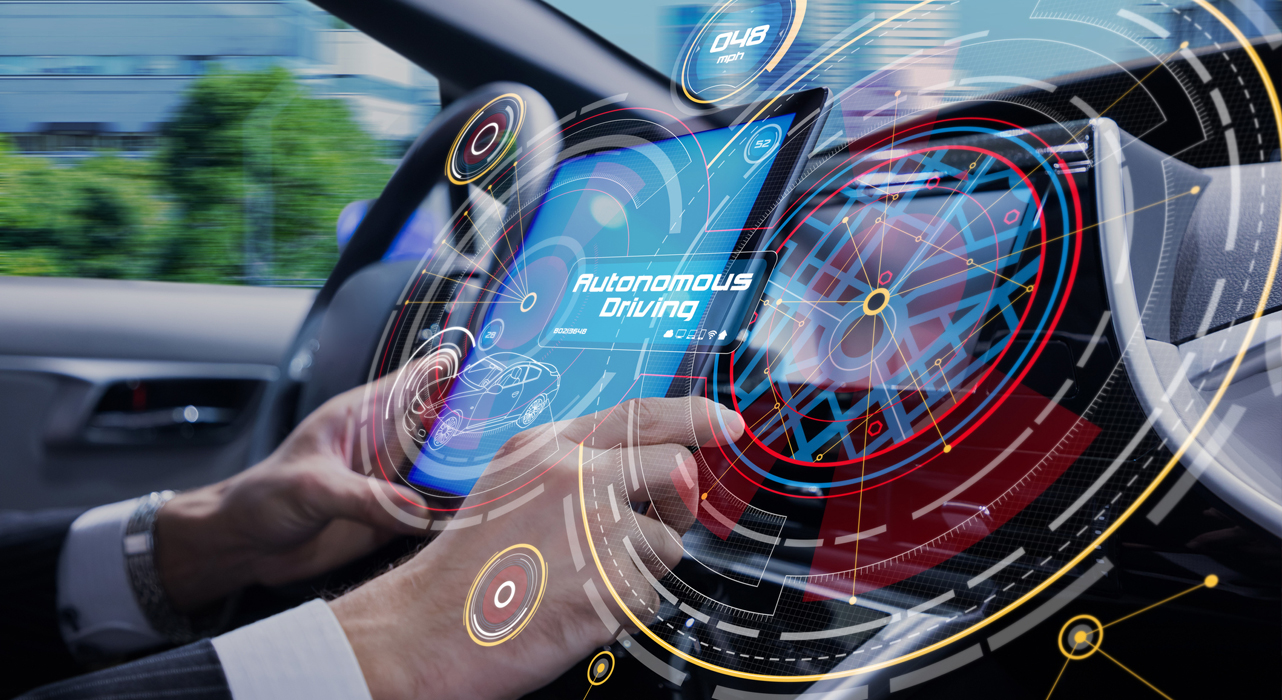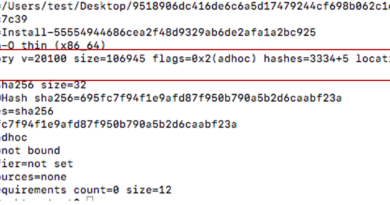Smart Car Makers VW & Nissan to Build Smart Factories


Automotive giants Nissan and Volkswagen recently announced new plans to create better, smarter factories.
Nissan has unveiled its Intelligent Factory Initiative, a new production line at its Tochigi Plant. This new technology aims to help the company achieve carbon neutrality by 2050. Meanwhile, Volkswagen has taken another leap into making its factories fully networked. A local 5G standalone network (campus network) is now available at the German automaker’s Wolfsburg plant.
Nissan’s introduction of the Intelligent Factory Initiative to respond to emerging needs and trends brought about the rapid growth and advancement of the automotive industry. The Initiative enables Nissan to use robots that have inherited the skills of takumi (master technicians) to manufacture next-generation vehicles. It also allows the company to create an enhanced environment where people can work comfortably while realizing a zero-emission production system.
“The automotive industry is in a period of great change, and solving the global challenge of climate change is urgent. We see this as an opportunity to build the strength of monozukuri (manufacturing), a part of our DNA, to develop and apply innovative technologies to overcome the challenges we face,” explains Hideyuki Sakamoto, Nissan’s executive vice president for manufacturing and supply chain management.
Through the Initiative, the Japanese automaker aims to achieve carbon neutrality across its operations by 2050. It also helps the company realize carbon neutrality in manufacturing by “promoting innovations to support higher productivity in vehicle assembly”. By 2050, Nissan envisions its Tochigi plant to be fully electrified through the introduction of innovative production technologies and minimizing energy use.
Across the pond, German auto giant Volkswagen has started using a campus network at its Wolfsburg plant, covering the main product development center and pilot hall. The project aims to test whether 5G technology meets the demanding needs of vehicle production. It also aims to evaluate whether such technology can be developed for industrial series production in the future. Additionally, Volkswagen has a dedicated 5G radio frequency to safeguard, secure, and delay-free transmission of data for the project.
Volkswagen has undertaken the challenge of setting up and operating its own 5G infrastructure to ensure competency and robust data security. For the Wolfsburg campus network, the company applied for and was granted a private radio frequency by the Federal Network Agency. The exclusive spectrum is a key for enabling 5G campus operations at the site.
“Efficient wireless communication in real-time will be crucial for flexible production in the future. 5G has the potential to be one such driver of the Industrial Internet of Things. Our aim is, therefore, to build up extensive experience in the operation and industrial use of 5G technology,” said Beate Hofer, CIO of the Volkswagen Group.
Nissan and Volkswagen’s giant leaps into creating smarter, more efficient factories are a response to the ever-changing technologies not just in the automotive industry but across all fields. These have also shown that securing new technologies, especially ones used at smart factories, has become vital more than ever.
By understanding risks associated with cloud and 5G technologies—advanced frequently used to optimize smart factory production and efficiency, enterprises will learn how to future proof their operations and businesses.
Check out Trend Micro’s forward-looking research, Secure Manufacturing on Cloud, Edge, and 5G, which discusses challenges related to smart manufacturing and learn how enterprises can mitigate them.
You can also read our extensive white paper, Identifying Cybersecurity Focus Areas in Connected Cars Based on WP.29 UN R155 Attack Vectors and Beyond, which identifies various attack vectors that could affect the cars of the future.
Read More HERE



